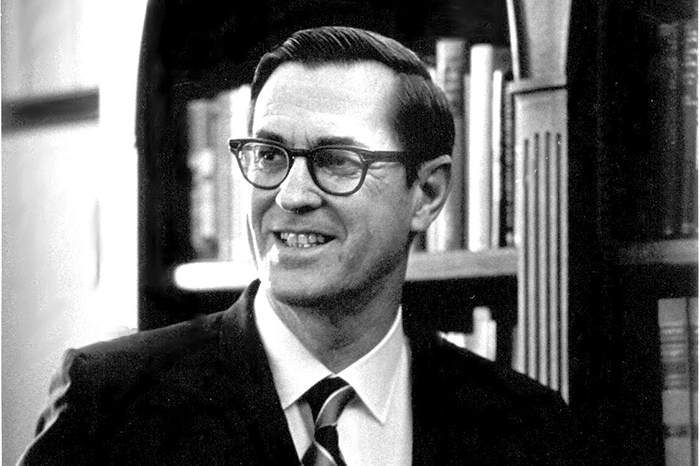Who is the Holy Spirit?

Excerpt from an article originally published in the Herald of Holiness, May 10, 1972.
Some of us have seen a kaleidoscope, that box of colored glass fragments which yields an ever-changing pattern of symmetrical beauty when viewed through the triangular tube of mirrors which multiplies and coordinates their “broken lights.”
The Bible doctrine of the Spirit is kaleidoscopic. In the [Bible] we see an ever-changing pattern of beauty with respect to the Spirit, from the opening lines of Genesis where He is brooding over the chaos to the closing chapter of Revelation where “the Spirit and the bride say, come.”
The New Testament, however, sums up the doctrine in one phrase: “the Spirit of Christ.” To John the Baptist, God said, “The man on whom you see the Spirit come down and remain is the one who will baptize with the Holy Spirit” (John 1:33). As the promised Messiah, Jesus was the Bearer and Baptizer with the Holy Spirit.
At His baptism, Jesus was revealed as the Bearer of the Spirit.
The descending dove marked Him as the Anointed of God. Pentecost disclosed Jesus as the Spirit-Baptizer.
In these twin events the Spirit of God became the Holy Spirit of our Lord Jesus Christ, never to be separated from Him. Jesus Christ became the supreme Manifestation of the Holy Spirit, as that Spirit became the Medium through whom Christ comes to indwell and sanctify His church.
Christ is the Pattern of the Spirit-Filled Life
His entire life—from the moment of His miraculous conception to that climactic moment when He offered Himself “through the eternal Spirit” (Hebrews 9:14) as our perfect sin-offering—was a manifestation of the Holy Spirit.
The Holy Spirit is therefore the Christ-Spirit. “The fruits of the Spirit are the virtues of Christ,” in Schleiermacher’s fine phrase. God gave the Spirit “without limit” to Jesus (John 3:34), so that He becomes the norm of the Spirit-filled human life.
It was not until Jesus gave up His life forgivingly on the Cross that that pattern was complete. “To this you were called, because Christ suffered for you, leaving you an example, that you should follow in his steps. When they hurled their insults at him, he did not retaliate; when he suffered, he made no threats. Instead, he entrusted himself to him who judges justly” (1 Peter 2:21, 23).
As H. Wheeler Robinson says, the Spirit of Jesus is “the Spirit of the Cross.” The only kind of spirituality the New Testament recognizes is that which makes us Christlike in our suffering, forgiveness, compassion, and caring.
William M. Greathouse (1919-2011) was a general superintendent emeritus in the Church of the Nazarene.
Holiness Today, May/Jun 2019
Please note: This article was originally published in 2019. All facts, figures, and titles were accurate to the best of our knowledge at that time but may have since changed.




